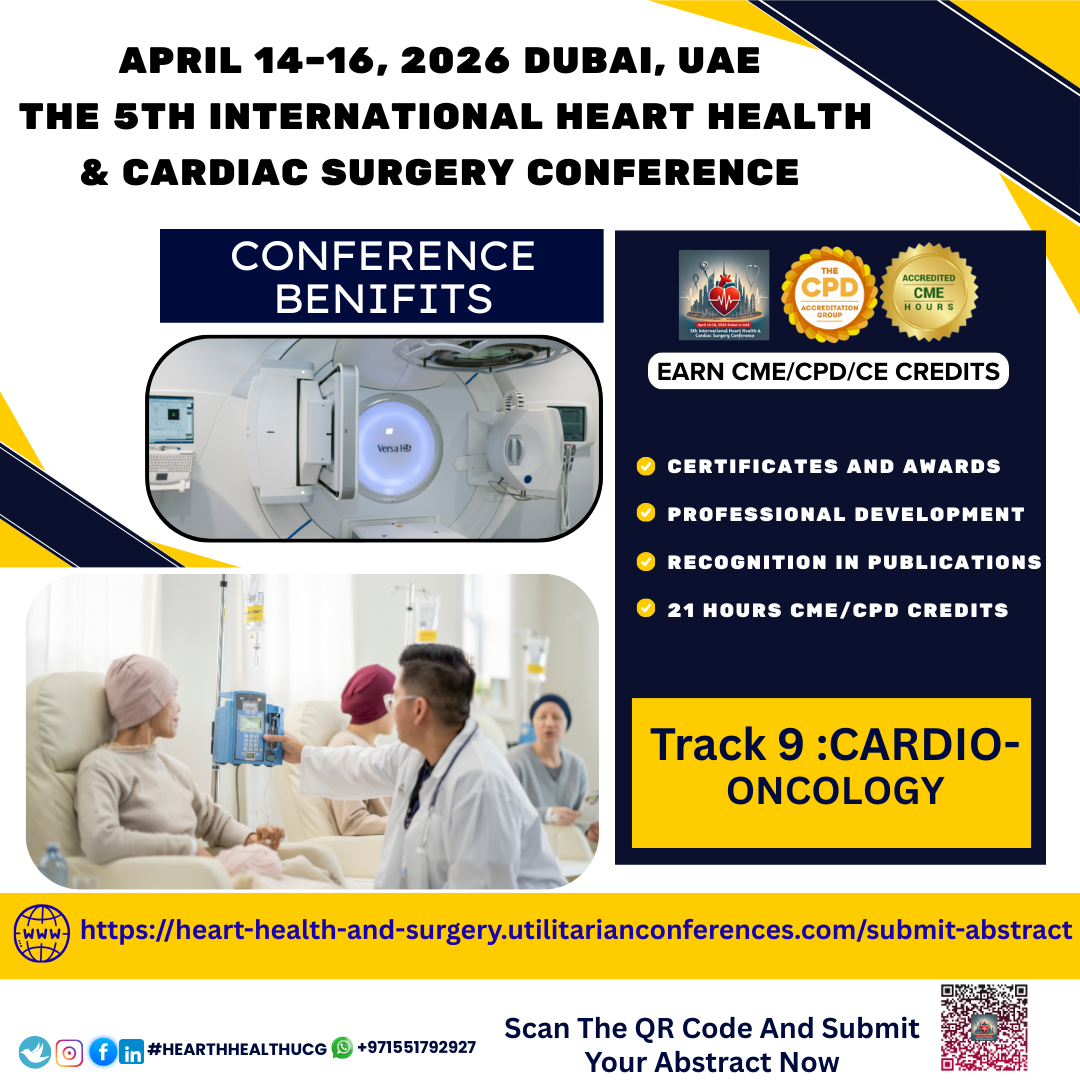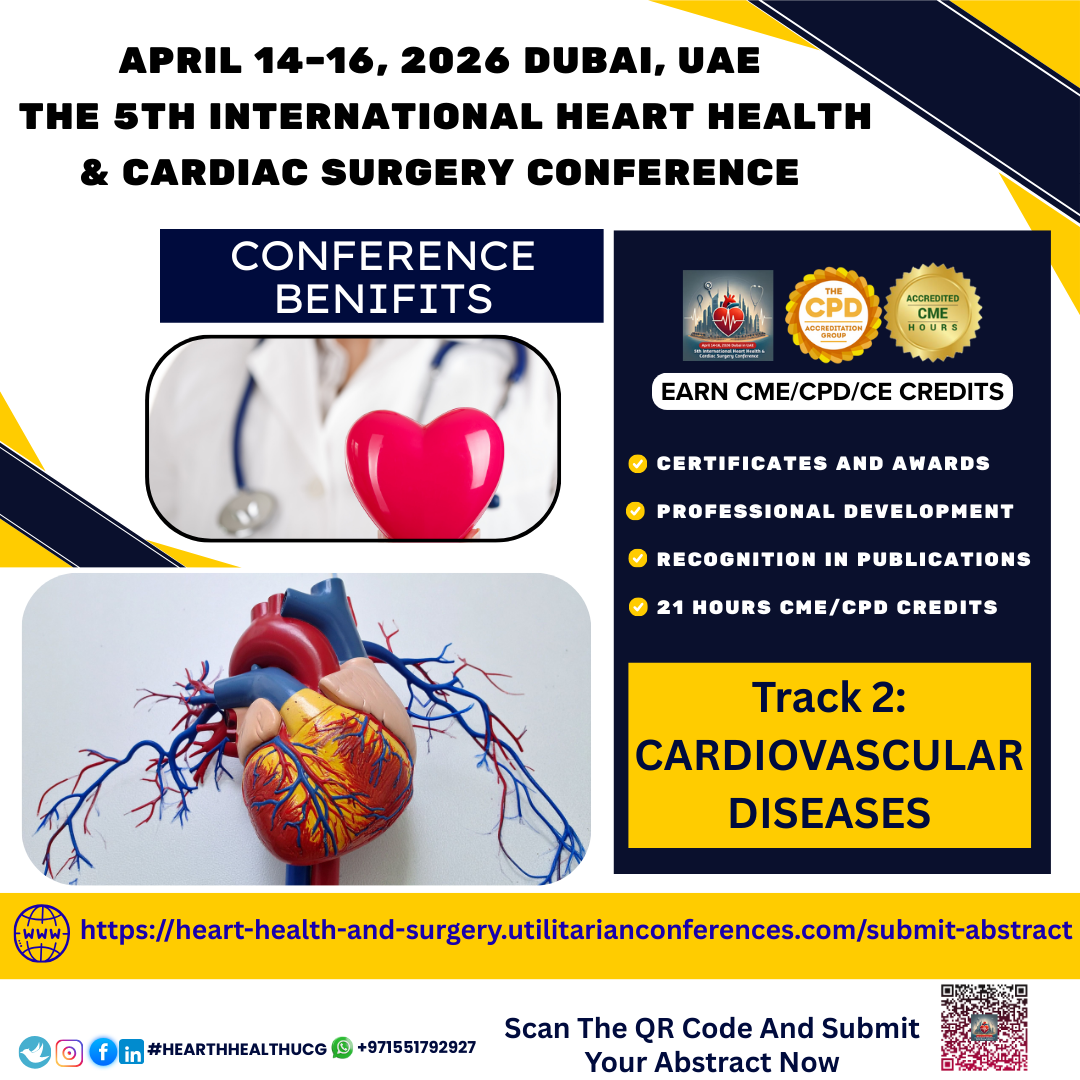



Heart Health is a broad and essential topic that refers to maintaining the...

Cardiovascular diseases (CVDs) are the leading cause of death globally,
claiming an estimated 17.9...

As advancements in cancer treatment continue to improve survival rates, a new field of medicine has emerged to address a critical need: cardio-oncology. This specialized branch focuses on the intersection between heart disease and cancer, ensuring that cancer treatments do not compromise cardiovascular health.
Cardio-oncology is a multidisciplinary field that manages the cardiovascular side effects of cancer therapies. Many cancer treatments—such as chemotherapy, radiation, targeted therapy, and immunotherapy—can have unintended effects on the heart and blood vessels. Cardio-oncology aims to prevent, detect, and treat these complications so that patients can safely continue their cancer journey.
Historically, the focus in oncology has been on eradicating cancer, often with aggressive treatments. However, some of these treatments can damage the heart muscle, affect heart rhythms, or worsen existing cardiovascular conditions. For example:
Anthracyclines, a common class of chemotherapy drugs, can lead to heart failure.
HER2-targeted therapies used in breast cancer may weaken the heart muscle
Radiation therapy to the chest area may damage arteries or heart valves.
Immunotherapies may trigger inflammation of the heart (myocarditis).
These risks are particularly concerning for patients who already have heart conditions or risk factors such as high blood pressure, diabetes, or a history of smoking.
Who Needs a Cardio-Oncologist? Patients who may benefit from cardio-oncology care include:Those receiving potentially cardiotoxic cancer treatments
Cancer survivors with long-term cardiac complications
Patients with pre-existing heart conditions starting cancer therapy
Older adults or those with cardiovascular risk factors
A cardio-oncologist works closely with oncologists, primary care providers, and cardiologists to create a personalized treatment plan that balances cancer control with heart safety.
How Does Cardio-Oncology Work?A typical cardio-oncology approach involves:
Baseline Heart Evaluation: Before cancer treatment begins, patients may undergo tests like echocardiograms, ECGs, or cardiac biomarkers to assess heart function.
Ongoing Monitoring: During treatment, heart health is closely monitored to detect early signs of damage.
Preventive Strategies: Patients may be prescribed heart-protective medications such as beta-blockers, ACE inhibitors, or statins.
Management of Cardiac Issues: If cardiac problems arise, treatments are adjusted, and heart failure or arrhythmias are addressed promptly.
Survivorship Care: Long-term monitoring and heart health maintenance continue even after cancer treatment ends.
As more people live longer after a cancer diagnosis, cardio-oncology will play an increasingly important role in comprehensive cancer care. Research continues to refine how we identify at-risk patients, develop safer treatments, and personalize therapy to protect both the heart and the body from cancer.